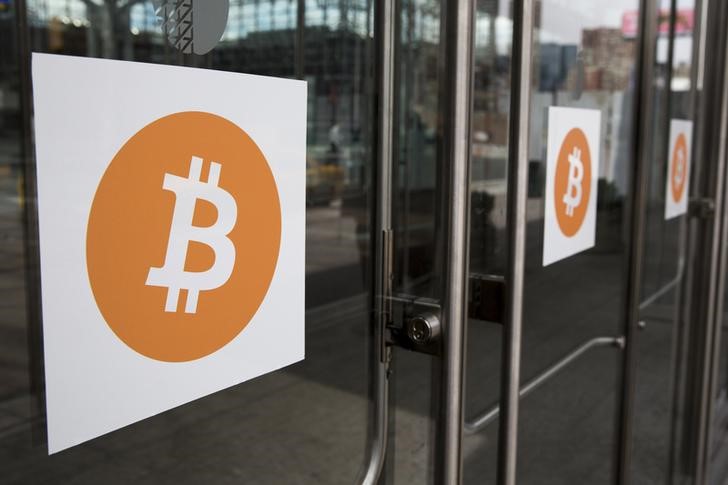Benzinga - According to recent polls conducted by the Cato Institute, an overwhelming majority of Americans are not in favor of adopting a Central Bank Digital Currency (CBDC). Only 16% of respondents expressed support for a digital dollar, while 34% opposed its adoption. The remaining 49% of Americans surveyed had not formulated a strong opinion either way.
As a libertarian think tank, the Cato Institute champions limited government intervention and emphasizes the importance of individual freedom, personal responsibility, and voluntary exchange. It supports free markets as the most efficient means of allocating resources, promotes civil liberties and privacy rights, and advocates for a non-interventionist foreign policy.
Unsurprisingly in these early stages of public awareness, the results revealed that only 28% of respondents were familiar with what CBDCs are. However, despite the lack of awareness, this form of digital money have been gaining attention in the cryptocurrency industry and have become a topic of discussion on the 2024 campaign trail.
Most recently, prospective Republican presidential candidate Ron DeSantis criticized the stealth advancement of CBDC, saying that major changes in monetary policy receive specific authorization from Congress as constitutionally required. He went on to say: “Unaccountable institutions cannot impose a CBDC on Americans. They will tell us that CBDC won’t be abused but we are wise enough to know better.”
CBDCs are tokenized alternatives to cash, similar to stablecoins that are tied to the value of a sovereign currency like the U.S. dollar. Unlike decentralized networks operated by private companies, they are maintained and issued by governments or central banks.
Criticism of CBDCs has been voiced within the crypto space for some time, with whistleblower Edward Snowden referring to them as “cryptofascist currencies” that could potentially harm Americans’ savings. More recently, presidential candidates from both the Democratic and Republican parties, such as Robert F. Kennedy Jr. and Florida Governor Ron DeSantis, have also criticized the technology. In fact, DeSantis went so far as to ban CBDCs in Florida, prompting speculation that other states may follow suit.
Concerns about CBDCs have primarily come from conservatives, including lawmaker Tom Emmer, who introduced legislation to limit the Federal Reserve’s authority to issue one. The topic was also featured on the Fox News show “Tucker Carlson Tonight” in March.
The Cato Institute’s survey highlighted that opposition to CBDCs was higher among Republicans, with 53% of Republican respondents expressing opposition compared to 22% of Democrats and 27% of independent voters. Republicans were also more likely to be familiar with CBDCs compared to other groups.
While there is partisan divide in the perception of CBDCs, the Cato Institute’s survey found that a majority of both Republicans and Democrats would oppose a CBDC if it allowed the government to control individuals’ spending or gain insights into their financial transactions.
Overall, the survey revealed that only 22% of Americans would be likely to use a CBDC if offered, indicating a general wariness and indecision among the population regarding the potential costs and benefits of a CBDC in the United States.
© 2023 Benzinga.com. Benzinga does not provide investment advice. All rights reserved.
